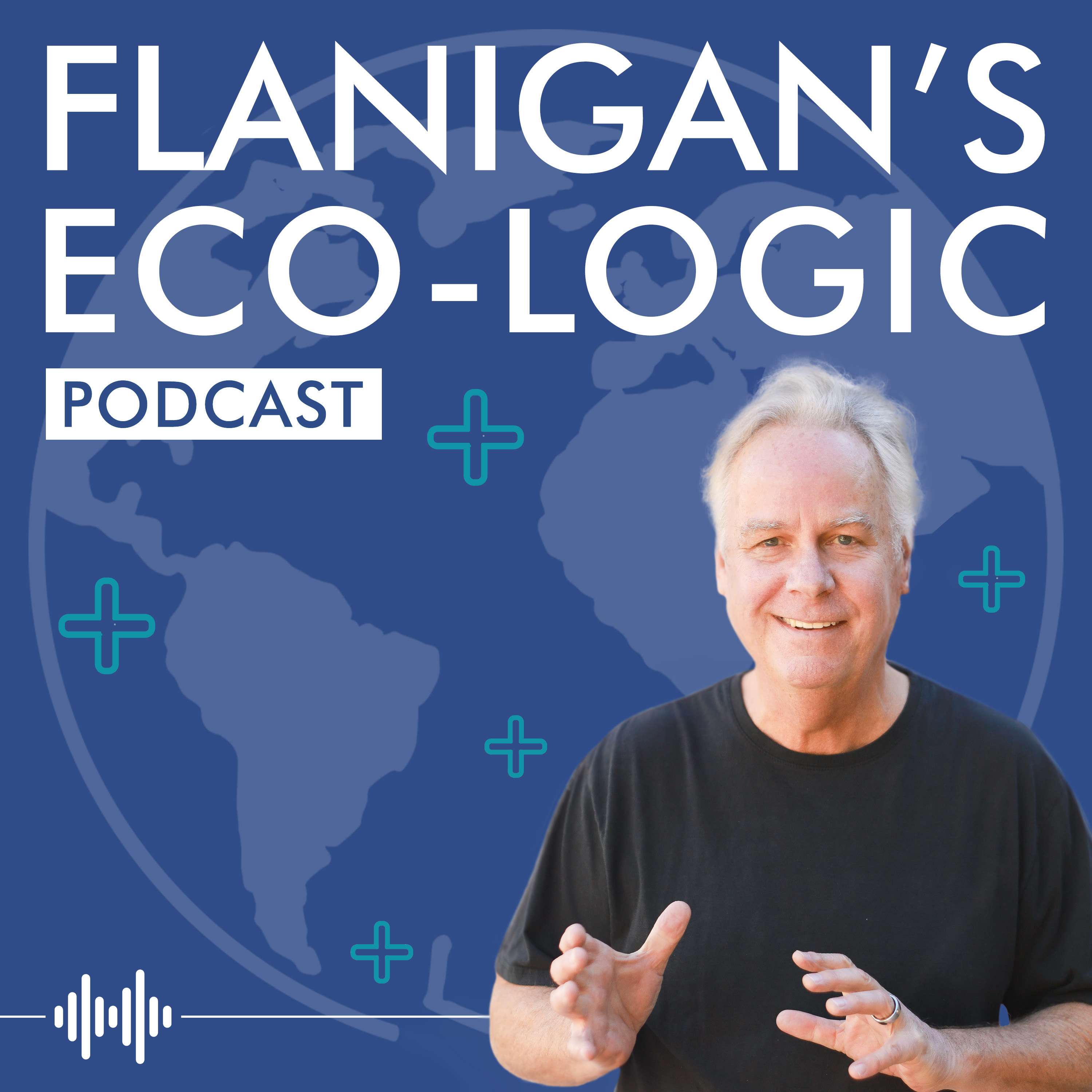Jan 13 2025 30 mins
In this Convo of Flanigan’s Eco-Logic, Ted speaks with Dr. Missy Stults, Sustainability and Innovations Director at City of Ann Arbor, working with all city operations, residents, businesses, the University of Michigan, nonprofits, and others to make Ann Arbor one of the most sustainable and equitable cities in America.
Dr. Stults has dedicated 20 years of focus and national level expertise on urban resilience and climate change in an array of roles, prior to joining the City. She has worked on adaptation to climate change since 2004, as the Climate Director at ICLEI-Local Governments for Sustainability and as a consultant to philanthropic organizations. Missy holds dual PhDs from the University of Michigan in urban & regional planning and natural resources & the environment. She also has her Masters in Climate and Society from Columbia University, and undergraduate degrees in Marine Biology and Environmental Science from the University of New England.
She and Ted focus their conversation around some big and recent news out of the City: 79% of Ann Arbor voters voted to form a Sustainable Energy Utility (SEU). An SEU is another form of utility, rooted in energy efficiency, activated locally, and intended to be an accelerated pathway for the community to promote clean energy to meet its 2030 climate commitment. Ann Arbor's SEU is an opt-in, supplemental community-owned energy utility that will provide energy from local solar and battery storage systems. It will also implement networked geothermal systems beginning with a 232-home project in a low income neighborhood, also serving a public school and community center. Thanks to the SEU, green energy will be provided to residents and businesses through direct installations on their properties, as well as through small-scale distribution systems such as networked systems or microgrids.
Missy and Ted discuss the benefits of the City's SEU: improved energy reliability at times when the grid goes down through increased access to solar and energy storage and shared geothermal systems - all City owned, energy justice initiatives, including broad and deep access to renewable energy, and the creation of programs for low income and underserved residents, including workforce training opportunities, and the expansion of weatherization services.
